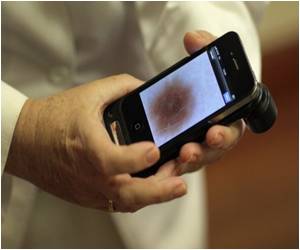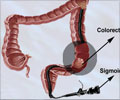A recovery program designed for patients who have undergone a colorectal surgery is actually feasible in a community hospital setting

The fundamental aspects of enhanced recovery after surgery (ERAS) programs are guidelines that focus on patient education, optimal fluid management, minimal incision length, decreased use of tubes and drains, opioid-sparing analgesia, and early mobilization and eating after surgery. Most of the literature on ERAS programs is from international or specialized academic centers. The feasibility of such a program in a community hospital setting is largely unknown.
The authors examined an ERAS program at a community hospital in Oregon. They examined practice patterns and patient outcomes for all elective colon and rectal resection cases done in 2009 (prior to ERAS implementation), 2011 and 2012. A total of 244 patients met the criteria to be included and the number of elective colorectal resections in 2009, 2011 and 2012 were 68, 96 and 80, respectively.
From 2009 to 2012, the use of laparoscopy increased from 57.4 percent to 88.8 percent, length of stay decreased (6.7 days vs. 3.7 days) without an increase in the 30-day readmission rate (17.6 percent vs. 12.5 percent), use of patient-controlled narcotic analgesia and duration of use decreased (63.2 percent of patients vs. 15 percent and 67.8 hours vs. 47.1 hours), ileus (defined as reinsertion of nasogastric tube) rate decreased (13.2 percent to 2.5 percent) and intra-abdominal infection decreased from 7.4 percent to 2.5 percent. Reductions in the length of hospital stays resulted in estimated costs savings of $3,202 per patient in 2011 and $4,803 per patient in 2012.
"We have demonstrated with this study that a colorectal ERAS program can be effectively applied to and integrated within a community hospital setting.
Source-Eurekalert
 MEDINDIA
MEDINDIA


 Email
Email





